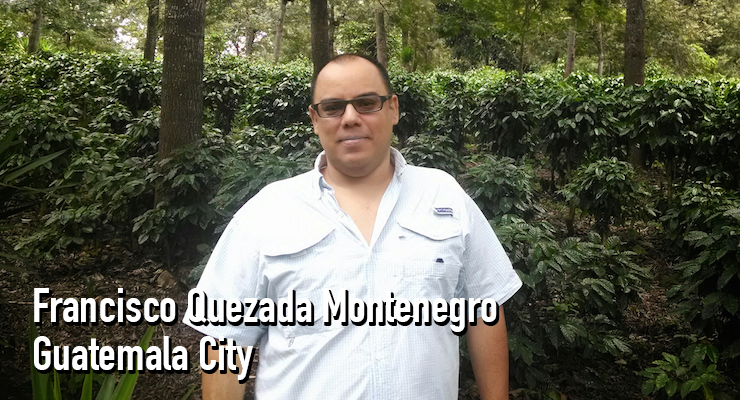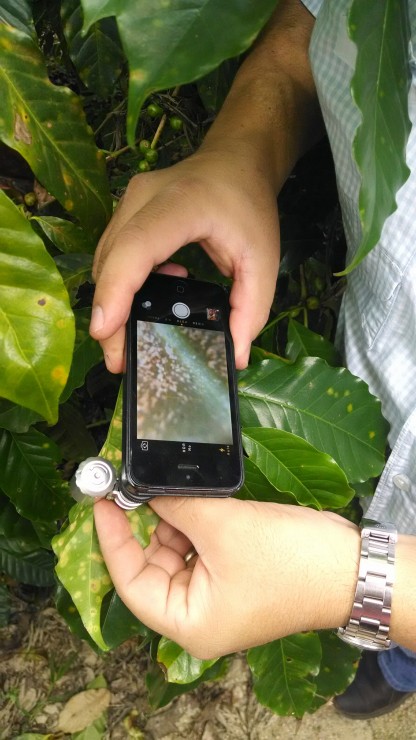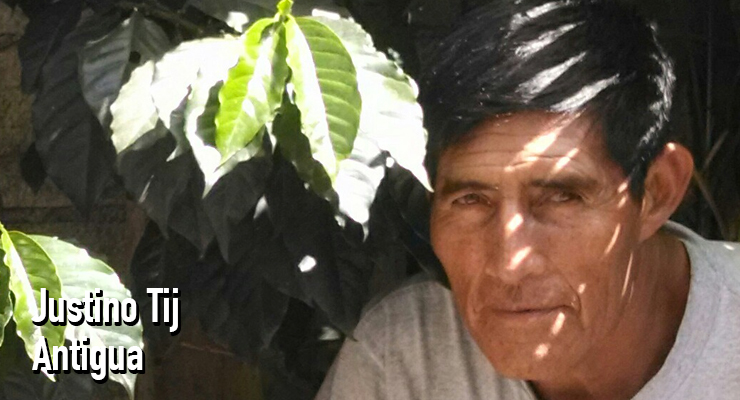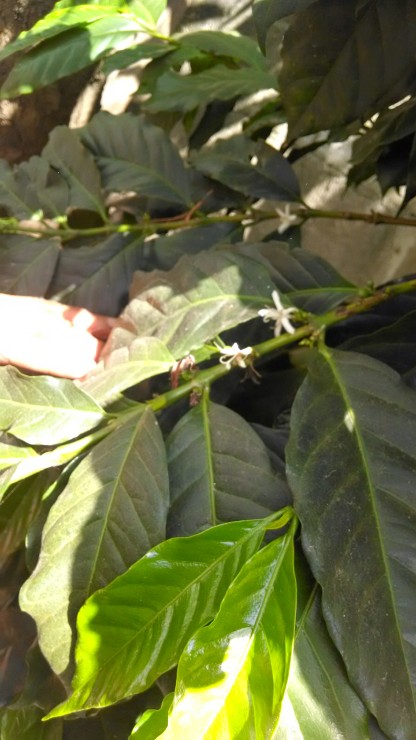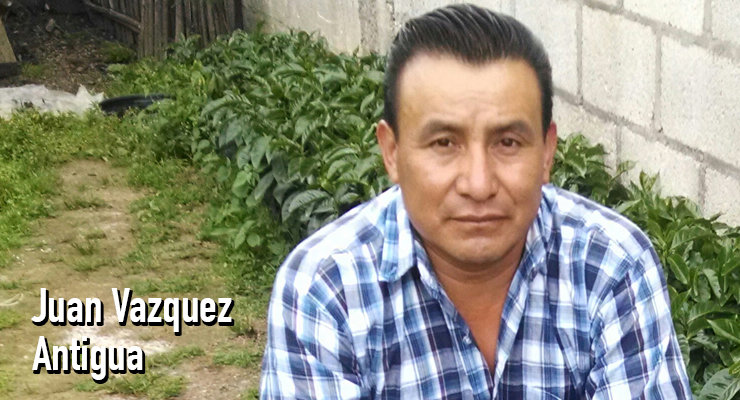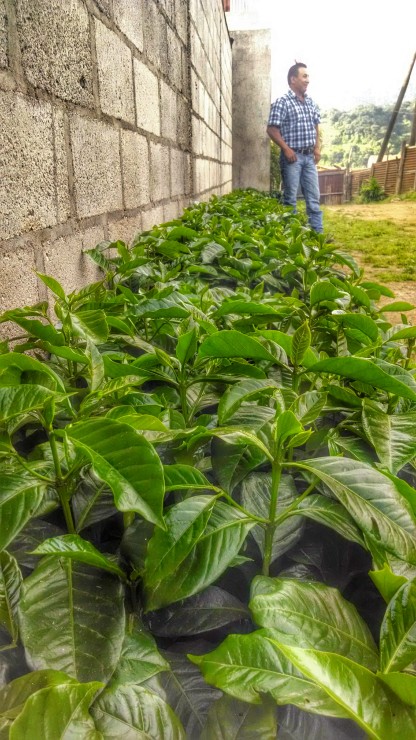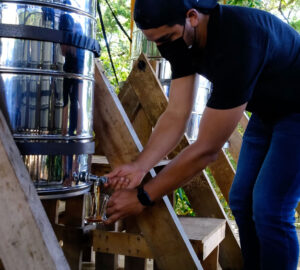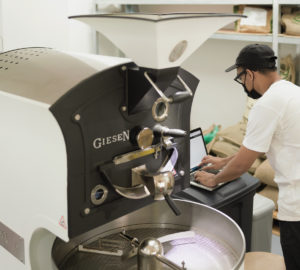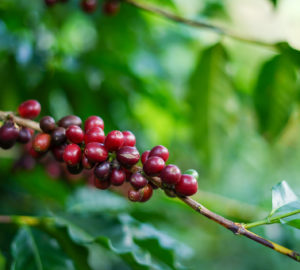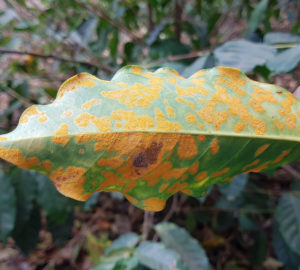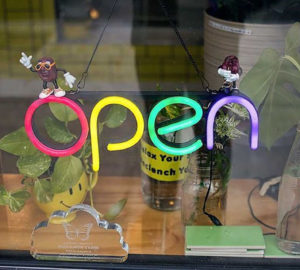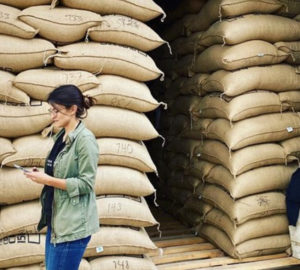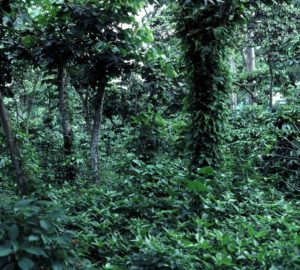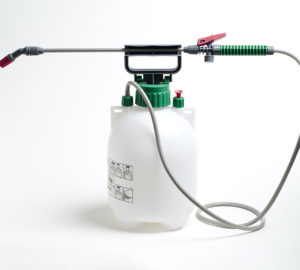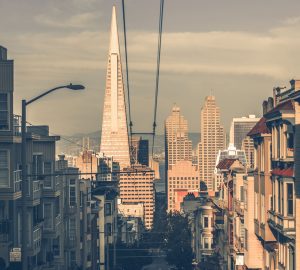Though it may seem as if Guatemala has become a peaceful country since the end of the long, 30-year civil war, the owners of coffee farms there are now facing a different devastating crisis, called roya or coffee leaf rust. As an coffee lover living in Guatemala, I wanted to find out how this coffee rust is really affecting the farmers in their businesses and family lives. I spoke with three different farmers to get their personal perspective on a problem that’s not just a problem for coffee, but a problem for people.
How did you first identify the coffee rust on your farm?
Well, we had heard that roya was getting bad in Guatemala and tried to take the necessary precautions to avoid it, but it spread so fast and we did not know how to stop it. Now, I have this camera app on my iPhone that helps to determine how bad the roya has spread on the plant because we can try to save it if it’s not too bad. But it seems to be getting worse, so we have to do something about it either way.
How can you try to save it?
There are two ways to control the roya. The first is with chemicals and amino acids. This is the most effective way, but not necessarily the wisest. The chemicals can damage the crop to the point where we can’t sell the coffee anymore. The second way is more natural because we use an insect to eat the roya. This way is the safest for the plant, but we have to put more effort into watching every plant to ensure that the insect is doing its job.
Earlier you mentioned that the roya is getting worse, why?
This climate is the perfect breeder for roya. Humidity and temperature are the two biggest factors. Lately, because our climate has not been good, we have both high humidity and high temperature. We have lost 70% of our crops because of the roya and the first thing that needs to change in order to fix this problem is the climate.
How has roya affected your business and family life?
Since I was young, I was taught to save my money so that I could use it to make a home for my family and to be able to feed and clothe them, but now I cannot save my money. In the meantime, my savings are getting smaller and if I don’t take care of my coffee for next year, we will have to harvest a different crop.
Why do you care about this issue?
I care about this issue because it is something that we are all dealing with. I am lucky to have the support of other farmers in my community to learn from and to teach what I learn, but this is an issue that hurts us all.
What are your fears about the future of your farm?
I am not concerned about the future of my farm. I have some worries about maintaining the fertilizer that keeps the roya away because if the fertilizer does not work, then I would have to replant my whole field again and I can’t afford that.
How has your life changed since roya has devastated your field?
Firstly, I had to replant my entire field of coffee by myself because I could not afford to pay anyone to help me do it. And since I had to replant all of my coffee, I am not making a profit, which is bad for my family. They only eat once a day because that is all I can provide for them.
Since you had to replant your coffee, what are you doing to make money in the meantime?
Right now, I have a small field of green beans and my wife sells them at the market everyday. This helps us to make some money while my coffee grows enough to produce something good to sell.
What are your future goals for your family business?
I hope to be able to maintain the roya next time so that I don’t have to replant my field again. Luckily, I am able to ask for help in my community. But right now, I just need to make enough so that my family can eat.
Allison VanHyfte lives in Antigua, Guatemala working with rural health clinis. This is her first feature for Sprudge.
Read more:
11 Shocking Facts About Coffee Leaf Rust Everyone Should Know











